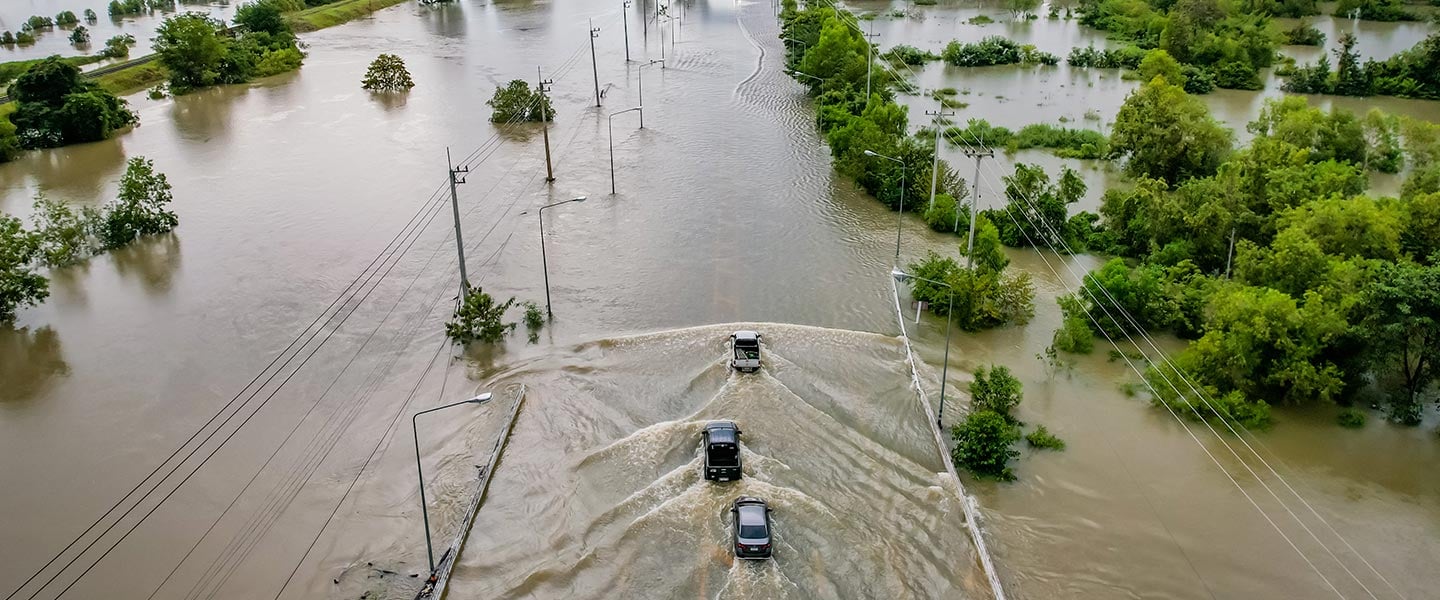India Strengthens Disaster Management and Climate Resilience

The Indian government is reinforcing its commitment to disaster management and agricultural resilience through various initiatives. According to the National Policy on Disaster Management (NPDM), state governments are primarily responsible for managing disaster relief, supported by the central government. Additionally, programs like the Pradhan Mantri Fasal Bima Yojana (PMFBY) and the National Innovations in Climate Resilient Agriculture (NICRA) aim to protect farmers from the impacts of natural calamities and climate change.
State Governments Lead Disaster Relief Efforts
Under the NPDM, state governments hold the primary responsibility for disaster management, including the distribution of relief assistance. They utilize the State Disaster Response Fund (SDRF) to implement relief measures following natural disasters. The central government plays a supportive role by providing logistics and financial assistance. In cases of severe disasters, additional funding from the National Disaster Response Fund (NDRF) is available, contingent upon assessments conducted by an Inter-Ministerial Central Team (IMCT).
The government emphasizes the importance of timely relief, mandating that claims under the PMFBY and Restructured Weather Based Crop Insurance Scheme (RWBCIS) be processed within 21 days. This ensures that farmers receive necessary support without undue delay, even if insurance companies have not completed all verification processes. Failure to meet these deadlines results in automatic penalties, ensuring accountability in the system.
Innovative Insurance Schemes for Farmers
The PMFBY and RWBCIS provide comprehensive insurance coverage for farmers facing crop losses due to unforeseen natural events. These schemes operate on an area approach, calculating claims based on seasonal yield data submitted by state governments. This method allows for a more streamlined process, ensuring that farmers receive the financial support they need to recover from losses.
In addition to insurance, the government has introduced initiatives like the Per Drop More Crop (PDMC) scheme, which enhances water use efficiency through micro-irrigation technologies. The Rainfed Area Development (RAD) scheme promotes integrated farming systems, combining various agricultural activities to improve productivity and reduce risks associated with climate variability. These efforts aim to bolster farmers’ livelihoods and enhance their resilience to extreme weather events.
National Action Plan on Climate Change
Established in 2008, the National Action Plan on Climate Change (NAPCC) provides a comprehensive framework for addressing climate change in India. One of its key components is the National Mission for Sustainable Agriculture (NMSA), which focuses on developing strategies to make agriculture more resilient to climate change. This mission aims to enhance ecological sustainability while ensuring food security.
The Indian Council of Agricultural Research (ICAR) has launched the NICRA project, which studies the effects of climate change on agriculture and promotes climate-resilient technologies. Over the past decade, ICAR has released thousands of crop varieties that are tolerant to various stresses. The project also includes district-level assessments of agricultural vulnerability to climate change, helping to identify and address the needs of the most affected regions.
Building Climate Resilient Communities
To further enhance farmers’ adaptive capacity, the concept of “Climate Resilient Villages” (CRVs) has been initiated under NICRA. This initiative demonstrates location-specific climate-resilient technologies in vulnerable districts, promoting their adoption among farmers. ICAR conducts capacity-building programs to educate farmers about climate change and the importance of adopting resilient practices.
These comprehensive efforts reflect the Indian government’s commitment to not only managing disasters effectively but also preparing its agricultural sector for the challenges posed by climate change. The initiatives aim to empower farmers, ensuring they can sustain their livelihoods in the face of increasing environmental uncertainties.
Observer Voice is the one stop site for National, International news, Sports, Editor’s Choice, Art/culture contents, Quotes and much more. We also cover historical contents. Historical contents includes World History, Indian History, and what happened today. The website also covers Entertainment across the India and World.

